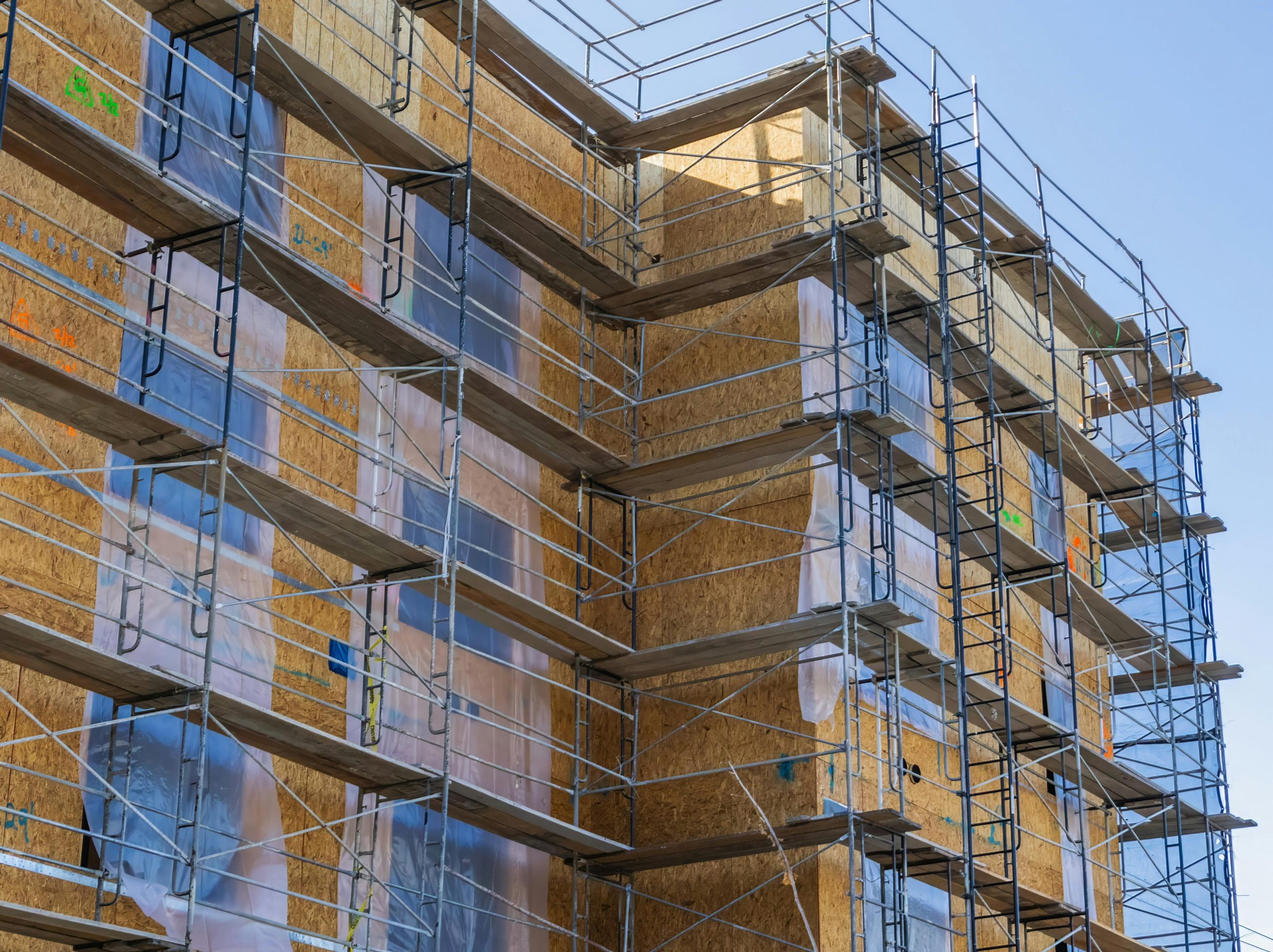Rockwool insulation combines exceptional fire resistance, soundproofing, and thermal efficiency to transform your space. Its sustainable production and versatile applications from walls to HVAC systems offer lasting comfort and safety. Backed by over 80 years of innovation and tailored technical support, Rockwool solutions optimize energy use while meeting strict building standards for both residential and commercial projects.
Comprehensive Overview of Rockwool Insulation and Its Benefits
Rockwool Insulation is a versatile stone wool material praised for its remarkable thermal, acoustic, and fire-resistant properties. It is primarily manufactured using a process that involves melting rock and mineral slag, then spinning it into fibers. This results in high-density insulation with excellent thermal conductivity and sound absorption.
Also to see : Revitalize your furniture with expert reupholstery in london
Key Benefits
- Thermal efficiency: Rockwool insulation offers superior R-values, reducing energy costs.
- Fire resistance: It withstands high temperatures, enhancing safety in buildings.
- Acoustic dampening: Its density absorbs sound transmission, lowering noise pollution.
- Sustainability: Over its lifecycle, Rockwool Insulation significantly reduces carbon emissions, aligning with eco-friendly standards.
Properties and Technical Specifications of Rockwool Insulation
Thermal Performance and R-Values
Rockwool insulation stands out for its thermal properties of mineral wool. With a low thermal conductivity, this material slows heat transfer, directly improving energy efficiency improvements with rockwool across residential and commercial building insulation choices. Thickness options, such as Rockwool insulation 100mm, demonstrate significant advantages in maintaining stable indoor temperatures. When comparing R-values, denser options like RW5 or the HARDROCK® Multi-Fix slabs offer higher thermal resistance, making them ideal for climates demanding robust residential thermal insulation options. Choosing the right thickness and product supports tailored energy efficiency improvements with rockwool, impacting both cooling benefits in summer and heat retention during winter months.
Fire Resistance and Safety Standards
Fire-resistant insulation materials are critical for safety and code compliance. The durability of stone wool insulation translates into outstanding fire safety building codes and insulation results. Products meet and often surpass fire safety building codes and insulation requirements; for example, NyRock® Rainscreen passes hurricane strength testing, and dual-density panels deliver reliable fire protection in residential, commercial, and even industrial insulation uses of rockwool.
Topic to read : Discover the Latest Energy-Saving Smart Home Devices Every UK Homeowner Must Have!
Acoustic and Soundproofing Capabilities
Soundproofing with mineral wool is a major strength of Rockwool insulation. The combination of density and fiber structure delivers high sound absorption in interior walls, floors, and ceilings. Acoustic panel insulation benefits include a substantial reduction in noise transmission, making Rockwool ideal for noise reduction in walls and ceilings, recording studios, and offices seeking noise control in multi-family housing or commercial soundproofing applications.
Application Areas and Installation Techniques
Residential and Commercial Building Applications
Rockwool insulation serves multiple roles throughout both homes and commercial spaces. Common residential thermal insulation options include using Rainscreen Slabs and Cladding Roll for external walls and Rockwool Flexi-Slab for partition walls and attics. In commercial building insulation choices, robust products like RW3 and RW5 slabs excel in environments where fire and sound control are critical. Healthcare and industrial facilities value the fire-resistant insulation materials and soundproofing with mineral wool, ensuring safety and acoustic comfort.
Installation Methods and Best Practices
Effective installation techniques for fibrous insulation start with careful handling and precise cutting. Use a sharp utility knife always wear gloves and a dust mask to promote the health and safety of mineral wool installation. To attain optimal results, fit batts or slabs snugly, especially around outlets, pipes, or beams, to minimize thermal bridging prevention with mineral wool. Apply vapor barriers as needed, especially in humid areas, and consider moisture resistance of mineral wool for long-term performance.
Customization and Thickness Selection
Choosing insulation thickness affects both energy efficiency improvements with rockwool and regulatory compliance. The 100mm insulation thickness advantages suit most walls and loft spaces, balancing soundproofing, fire resistance, and heat retention during winter months. Flexible products like Rockwool Flexi-Slab adapt to irregular areas, reducing gaps for better sound absorption in interior walls and overall performance. Matching product thickness and density to each zone enhances both comfort and protection.
Comparison, Cost, and Sustainability of Rockwool Insulation
Cost Effectiveness and Lifecycle Benefits
Cost savings from improved insulation drive many homeowners and commercial builders to select stone wool products. An initial investment in rockwool insulation such as RW3 slabs or batts typically results in significant reductions in heating and cooling expenses. Independent analysis confirms that the impact of insulation on energy bills continues throughout the product lifecycle, reflecting long-term savings that often outweigh initial costs. For example, rockwool insulation cost analysis regularly reveals notable reductions in utility expenses for both residential and commercial applications. With multiple thickness options including 100mm, users can tailor solutions to their needs, maximizing energy efficiency improvements with rockwool.
Environmental Impact and Sustainability
Rockwool emphasises sustainability certifications of stone wool. The manufacturing process seeks to minimise the carbon footprint of stone wool, with stone wool insulation saving far more CO₂ over its use than is created during production. Advanced recycling and waste reduction in insulation practices are standard; off-cuts and used material can return to the production cycle, further decreasing waste. Many products also carry eco-friendly insulation product certifications and meet rigorous insulation certification and standards, reinforcing their credentials as sustainable building insulation solutions.
Durability and Maintenance
The durability of stone wool insulation ensures it maintains performance in varied climates. Its resistance to pests and mold, combined with simple insulation maintenance tips, ensures ongoing energy efficiency improvements with rockwool. This long lifespan supports further cost savings from improved insulation, while consistent performance contributes to overall building comfort and value.










